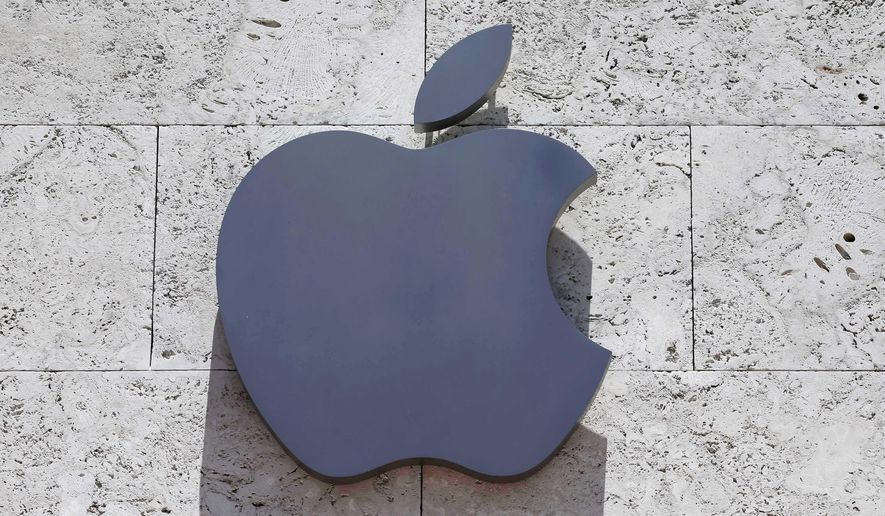Apple intends to launch a dedicated team tasked with training law enforcement officials on digital forensics, according to a report published Wednesday, potentially alleviating challenges faced by inexperienced criminal investigators inundated by data.
The company’s top lawyer, Kate Adams, mentioned the plan in a letter sent Tuesday to Sen. Sheldon Whitehouse, Rhode Island Democrat, Politico first reported.
“As more data ends up online and on our devices, we have to come up with new, smart ways for tech companies and law enforcement to unlock information that can solve crimes,” Mr. Whitehouse told The Washington Times following publication of the report.
“I’m glad to see Apple launch this platform aimed at sharing that critical information safely and securely,” said Mr. Whitehouse. “I’m going to continue to work on bipartisan legislation to help law enforcement do its work in cyberspace.”
Apple has repeatedly faced criticism from authorities for selling iPhones designed with security features that make it difficult for investigators to access digital evidence from lawfully seized devices, including implementing end-to-end encryption to safeguard messages sent between users of the company’s proprietary iMessage protocol, among other functionality.
The company’s general counsel, Ms. Adams cited a recent Center for Strategic and International Studies report in her letter that found that encryption is not the biggest issue for authorities pursuing data-heavy investigations, Politico reported.
“Challenges in accessing data from service providers — much of which is not encrypted — is the biggest problem that they currently face in terms of their ability to use digital evidence in their cases,” the July report said. “This is an issue that has received relatively little attention and resources, and certainly not enough compared to the need.”
“Knowledge of digital systems and how to access, handle and utilize digital evidence is increasingly important to virtually every type of criminal case, but dedicated training in evidence handling, recovery, analysis and storage is limited,” the report’s authors wrote, adding that a recent survey of criminal investigators found that each respondent received an average of only 12 hours of digital training during the previous year.
In addition to encrypting messages sent between iPhone users, Apple has come under fire from authorities for letting customers secure their devices with password protection functionality that has made it expensive if not impossible to extract data from locked devices.
The Department of Justice notably sued Apple in 2016 in hopes of compelling the company’s assistance with respect to unlocking an iPhone owned by a slain terrorism suspect, but the government ultimately abandoned litigation after spending hundreds of thousands of dollars hiring a third-party security firm.
The FBI previously claimed that investigators seized 7,775 mobile devices during fiscal 2017 incapable of being unlocked by authorities, but the bureau retracted that statistic in May 2018 and said that the actual figure was “substantially lower.”
Apple did not return a message seeking comment.
• Andrew Blake can be reached at ablake@washingtontimes.com.




Please read our comment policy before commenting.